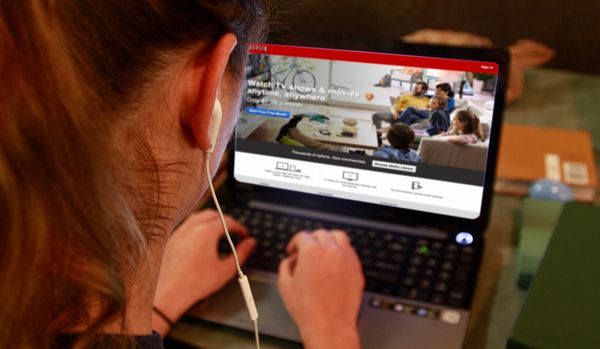Hundreds of college kids are walking around undiagnosed, unaware that the affliction they are suffering from has a name. FOMO: Fear Of Missing Out syndrome. FOMO is that unsettling anxiety that creeps up when you are alone following a hectic week or a large social gathering. In the quietness of reflecting on these busy situations, there is something nagging inside of you, urging you to go out and do more, insisting that because you are taking a break you are missing out.
Now, FOMO may sound like a silly idea fabricated by the way-too-busy millennial generation. And while the diagnosis might not be legit, the anxiety of FOMO is 100 percent real. This is due to several factors of modern society. By this, I am not implying that past generations did not suffer from this form of social anxiety, but rather, FOMO has intensified with social media and other elements of today.
Social media has played a huge part in changing communication and increasing FOMO. At no other time in history have people from all around the world been so easily connected at the touch of a finger. This means that people are constantly able to post status updates and pictures of the latest and greatest news happening in their lives. Social media has become a breeding ground for bragging rights. "Look at all I am doing and how much fun I am having" is essentially the message we write when we post photo after photo onto social media; its almost become a competition to see who is winning at life.
Don't get me wrong, I am as guilty as any of posting and constantly checking in to social media. This is an enjoyable way you can keep in touch with distant friends and family members. But because of the rise of dependency and the underlying competitive drive, these sites have become a place to compare a person's best experiences with your whole life. You go onto Instagram, Facebook, Twitter, etc. and see old high school mates having the time of their lives, and FOMO whispers to you "Oh, her life is so great. Why can't I be doing all that awesome stuff?" And now you are sad because you are just sitting in your bed eating a whole bowl of popcorn scrolling through these awesome photos; that's FOMO at its most powerful.
Another aspect of FOMO is the choice overload. Today, there is a club for everything. Along with that, there is a belief that if you don't have something going on at every minute of the day then you are wasting time and missing out on opportunities. This may be true if you spend all of your free time watching Netflix. But people think it is better to jam pack your life and exhaust yourself than to allow yourself downtime. You need to be overwhelmingly busy in order to be successful, and don't forget to post a picture or else did it even happen? This idea is creating a generation of people too busy to slow down, and if you do slow down then you have failed. All of this is encouraged and fueled by FOMO.
It's good to try new things and find your niche. It's not good to try everything just so you don't feel left out and then end up hating it all. FOMO sounds silly, but think about it. Are you overwhelmed with a hectic schedule? Do you browse social media looking at other people's experiences and feeling sad about your own? When your friends go out, do you have to go with them, or can you sometimes sit back and enjoy personal time? The millennials have produced some incredibly intelligent people and amazing inventions, but they have also produced a strain of high-stress, ubiquitous pressure. It's important to lead an actively productive life, but it is equally important to know your boundaries. It's OK to not be busy. Experience downtime, quit something you aren't crazy about, take the time to treat yourself. If you find value in your own personal experiences and make the most of both the busy and laid back moments, then you can overcome the misery of FOMO.





















